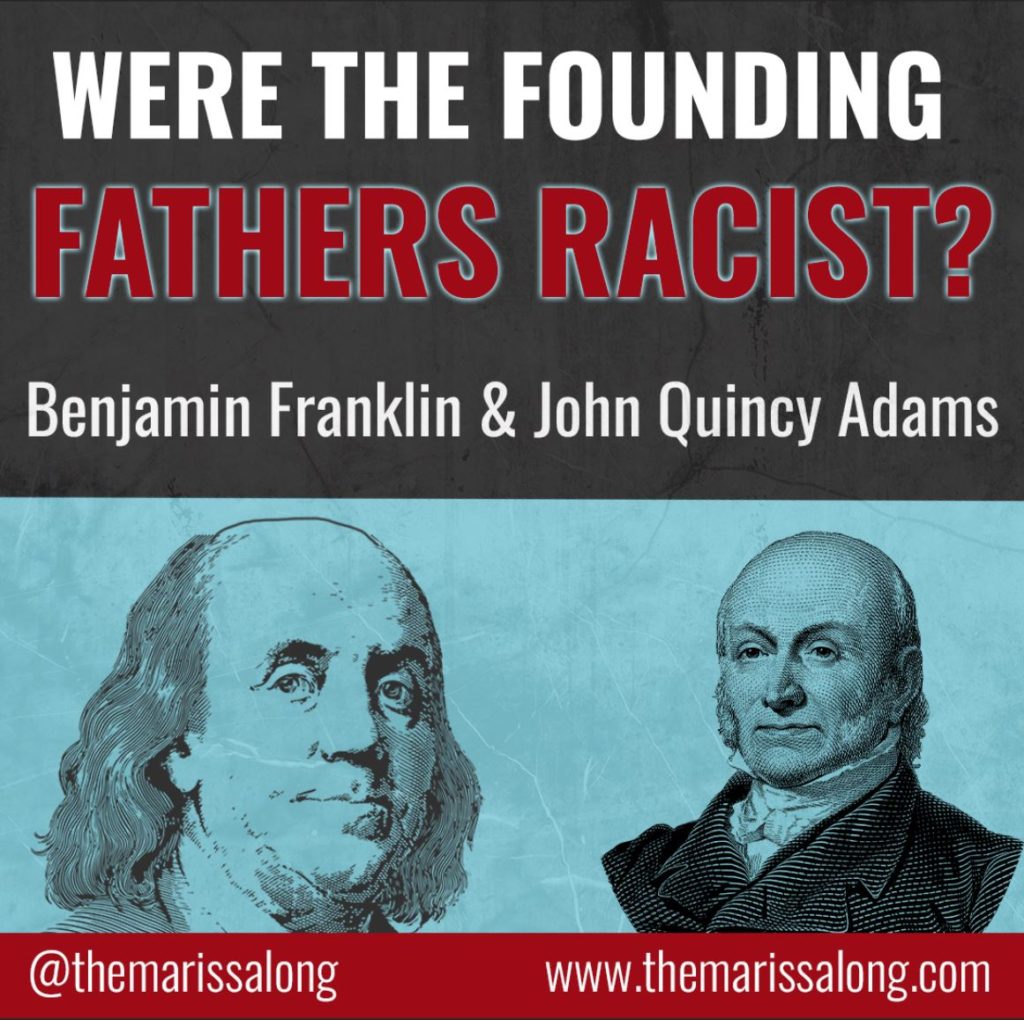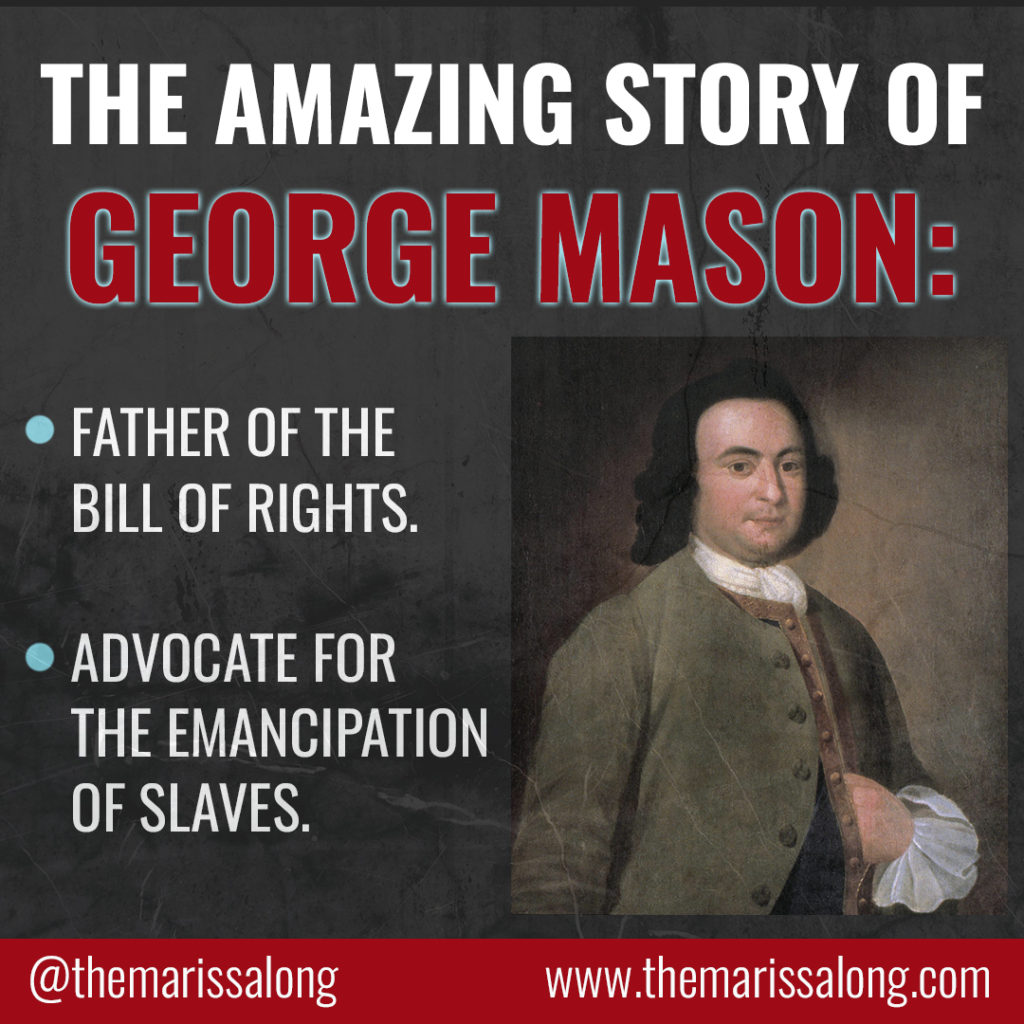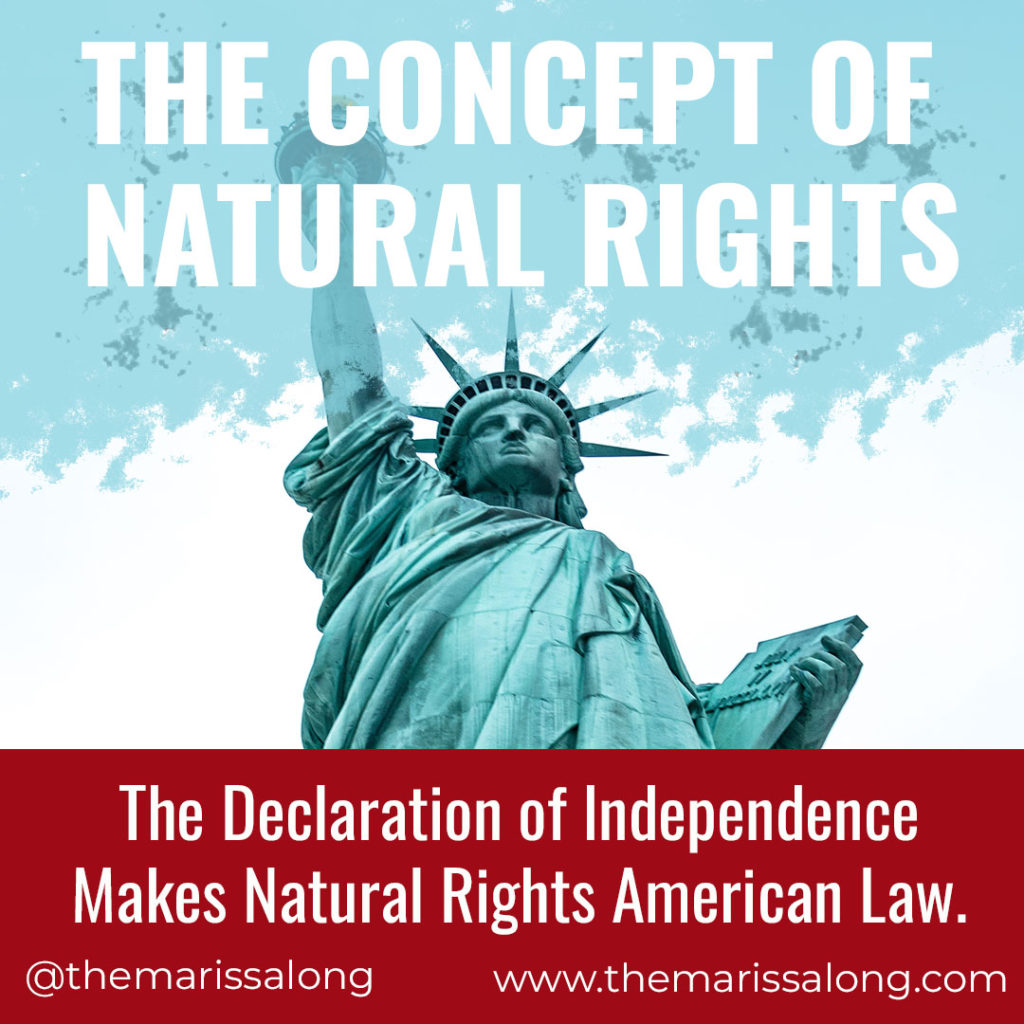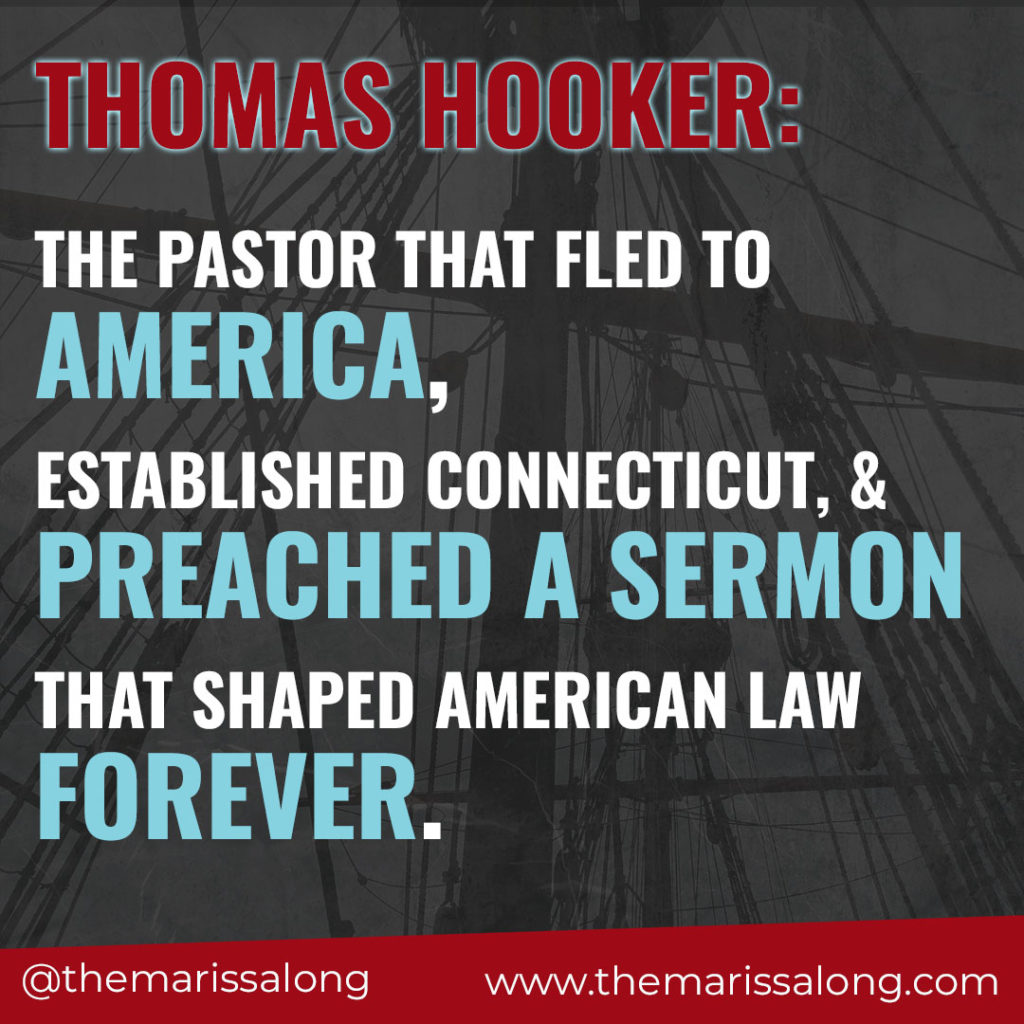Thomas Hooker was a renowned preacher in America, known for excellent speaking skills and a kind heart. But he was also an active participant in politics, effectively founding the colony that would become Connecticut and shaping the Connecticut State Constitution with a sermon he preached. There is much to learn from this man’s extraordinary life, but two main takeaways are these: a Christian should and must take part in politics in order to maintain morality and order in the state, just as Thomas Hooker did. And two, Hooker was an ordinary man who did extraordinary things just by following God’s will for his life. We can do the same.

RELATED: Nathan Hale: One Of America’s First Spies
Thomas Hooker’s Birth Date and College Years
Thomas Hooker was born July 1586 in Marfield, Leicester, England. As a boy, he received his education at Market Bosworth and went on to attend college at Emmanuel College in Cambridge, England in 1604. By 1608, he received his B.A. from Emmanuel College, and in 1611, he obtained his M.A. While he was attending college, Hooker became very serious about his religion and aligned with the Puritan belief that, rather than leaving the Anglican Church, members should remain within the church and “reform it from within”. Of course, Emmanuel College was filled with Puritan students and beliefs, so it was only natural for Hooker to become intrigued, but his intrigue went further than his college years – it influenced America forever.
After entering a divinity course, Hooker was elected to be a Fellow of the College but did not complete the course and went on to preach at the Esher parish. During this time, Hooker met his wife, Susannah Garbrand, and the two were married April 3, 1621 in Amersham, Buckinghamshire, England.
He served as a lecturer at the Chelmsford Cathedral, but because of Hooker’s Puritan beliefs, he was denounced in 1629 by another vicar, and the Anglican Bishop of London, William Laud, took interest and demanded that Hooker renounce his beliefs.
Hooker stood firm in his faith, and resigned to become a schoolmaster in another village, but even that wasn’t enough. He was forced to flee to Holland, joining countless other Puritans in hope of religious freedom.
Thomas Hooker Comes To America
On July 10, 1633, Hooker, Susannah, and Hooker’s sisters, boarded the ship Griffin with other Puritans and set sail for the New World. Would they find the freedom they so craved in Massachusetts?

Read About Henry Knox: America’s Forgotten General
Thomas Hooker Settles in America
Hooker established his home in Cambridge (called Newtown in 1633), and the citizens chose him as the first pastor of “The Church of Christ at Cambridge”. Hooker was a hard worker and in the list of houses in February 1635/6, Thomas Hooker owned four.
However, Thomas Hooker wouldn’t settle for less, and he saw problems with the voting system (huh… do we still see problems with it today??). The qualifications for voting in Massachusetts only allowed “freemen, individuals who had been formally admitted to their church after a detailed interrogation of their religious views and experiences” (Founders of Hartford).
John Cotton, the leading minister of the area, required this religious examination in order to vote, but Hooker saw through the smoke screen: if the majority opinion stood against Puritan religion (or any other religion for that matter), the government would turn into a religious tyranny, and he knew what that was like! Reverend Hooker believed a person could vote if they were a Christian, but the mainstream Puritans, like John Cotton, believed “only faithful Puritan church members should vote” (AmericanMinute).
It wasn’t long before Hooker and his congregation petitioned the General Court for permission to move west toward the Connecticut River Valley.
In 1636, Hooker and Reverend Samuel Stone led a small group away from Boston to form Newtown, the soon-to-be Connecticut Colony. Governor Winthrop’s journal entry for October 5, 1635 gives us some more details about the two-week journey:
“[…] about sixty men, women and little children, went by land toward Connecticut with their cows, horses and swine, and after a tedious and difficult journey arrived safe there[…]” (Source: Founders of Hartford).
The settlers had received permission from the Massachusetts General Court to establish three towns: Windsor, Wethersfield, and Hartford.

RELATED: Were The Founding Fathers Racist? Benjamin Franklin & John Quincy Adams
Thomas Hooker and the Fundamental Orders
Hooker’s congregation wasn’t the first to settle in the Connecticut Valley. There were Native American villages along the Connecticut Path, a Dutch fort on Little River, and some English settlers in Windsor and Wethersfield.
Once Hooker and his congregation had established their three towns, they formed a simple, democratic government with magistrates and representatives from each town. This loose form of government provided great freedom for its constituents, but it did not provide the stability the towns needed, since “they had no formal instrument of government” (Connecticut History). Thus the Fundamental Orders were born, based on the free will and consent of the people.
Reverend Hooker preached a very influential sermon in 1638, three years after establishing Hartford, that explained the Hartford form of government.
He said, “The foundation of authority is laid firstly in the free consent of the people.”
This one phrase in his sermon established the idea of a “bottom-up” government rule, which Christian citizens, educated in the Bible, would consent to. Prior to American law, government was “top-down” with a king or dictator ruling with or without the people’s consent.
“Hooker’s sermon became the basis for the foundation for The Fundamental Orders of Connecticut, 1638-39,” and blazed a trail for future New England colonies to establish their governments (AmericanMinute).
The Fundamental Orders were written in a document, probably by Roger Ludlow of Windsor, a trained lawyer, and they included a preamble and 11 orders or laws. The preamble provided an Old Testament, biblical-style covenant to which the three towns agreed and were bound to “in all civil matters by the Orders” and “was a civil equivalent of a church covenant” (Connecticut History).
The 11 orders mimicked 17th-century trading company charters, including the convention of general courts bi-annually, with a governor and six magistrates elected at each April Court. Governor terms were limited to once every two years, and political candidates were nominated each September to give the towns seven months to decide on the best candidate.
“The governor and magistrates, who composed the nucleus for an Upper House, were to be elected by the freemen at the Court of Election. The other Orders prescribed regulations for nomination and election and set forth conditions for calling the General Court into special session. No religious test was established for voting, the Orders omitted all reference to the authority of the crown, and the General Court was given supreme authority over the towns and their inhabitants. The General Court was authorized to adopt and repeal laws, impose taxes, distribute land, apprehend and punish people for misdemeanors, and enact legislation to promote the general good. The General Court was granted, then, all legislative, executive, judicial, and administrative authority. The right to elect deputies and magistrates was, however, reserved to the freemen” (Connecticut History: The Fundamental Orders of Connecticut).
After much thought and work, the Fundamental Orders were adopted by the Connecticut General Court on January 14, 1639 (the document lists 1638 as the year since the colonists did not follow modern years).

RELATED: George Mason: The Father of the Bill of Rights
Thomas Hooker’s Death
Thomas Hooker died July 7, 1647 in Hartford, Connecticut. He owned two acres on which he had built his house along with other outbuildings, and he had planted gardens and orchards on the north bank of the Little River. He owned almost 100 acres of land in February 1639/40 Hartford land inventory and went on to acquire more land after the list was made.
During Hooker’s college years, he had made acquaintances with John Harvard, who later donated his library and a large portion of his inheritance to establish Harvard University to train for pastorate careers.
Hooker’s great-granddaughter, Sarah, married the great Reverend Jonathan Edwards, an influential religious force in America’s early years.
Conclusion
Thomas Hooker’s quest for religious freedom and the right to please his God finally paid off as he preached on natural rights and helped establish a free form of government. He used his pulpit to influence politics and his community, and we need more pastors to do that today. As pastors have fallen by the wayside, so Christianity, morality, and natural rights have fallen out of style in America.

RELATED: Explaining the Concept of Natural Rights
As Hooker said, “[…] the choice of public magistrates belongs unto the people by God’s own allowance,” and “they who have the power to appoint officers and magistrates, it is in their power, also, to set bounds and limitations of the power and place unto which they call them” and “the foundation of authority is laid, firstly, in the free consent of the people.”
Does that sound familiar? Maybe a little bit like the U.S. Constitution? Indeed, Hooker and the Fundamental Orders established the blueprint for the Constitution we hold so dear today.

2 comments